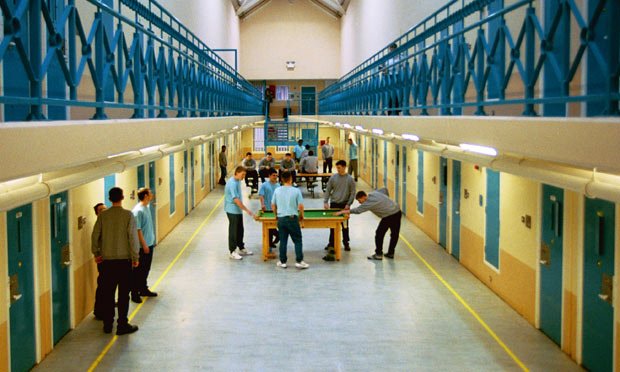Introduction: A Critical Step Towards Equity
In January 2025, the Youth Justice Board for England and Wales (YJB) launched a groundbreaking initiative to address systemic racism in the youth justice system.
Notably, a film and podcast expose adultification bias, portraying Black children as older and more blameworthy.
This initiative aims to raise awareness among professionals and foster a more equitable approach to youth justice.
Understanding Adultification Bias
In essence, adultification bias frames Black children as older and less innocent than they are.
This perception often leads to harsher treatment within the justice system.
Authorities often criminalize Black children for behavior treated as normal teenage mischief in their White peers.
This bias denies these children the protection and understanding afforded to others, effectively stripping them of their childhood.
The Impact on Young Lives
The consequences of adultification bias are profound. The system targets Black and Mixed-heritage children at every stage. Consequently, they are stopped, arrested, charged, and jailed more often than White peers. Thus, this overrepresentation exposes systemic bias and fuels ongoing marginalization.
The Role of the Animation and Podcast
The animation, written and narrated by Jahnine Davis, director and co-founder of Listen Up, serves as an educational tool to help professionals recognize and address their own biases.
By illustrating real-life scenarios and the subtle ways adultification manifests, the film encourages reflection and promotes a child-centered approach to justice.
The accompanying podcast features a discussion between Davis and Stephanie Roberts-Bibby, Chief Executive of the YJB, delving deeper into the roots and repercussions of adultification bias.
A Call to Action for Professionals
The YJB is distributing these resources across youth justice agencies to support training and raise awareness. The goal is to equip professionals with the knowledge and tools to identify and counteract adultification bias in their work.
By fostering a more empathetic and equitable approach, the initiative seeks to reduce the overrepresentation of Black and Mixed heritage children in the justice system.
Broader Implications for Society
Moreover, tackling adultification bias is vital not just for justice, but for society’s well-being. Unfairly criminalizing children harms their development, mental health, and future prospects. Futhermore, this bias erodes trust in institutions and deepens racial disparities.
Confronting these biases helps build a fairer society where every child receives the care and protection they deserve.
Conclusion: Towards a Fairer Future
The launch of the animation and podcast by the YJB marks a significant step in acknowledging and addressing the systemic biases that plague the youth justice system.
It is a call to action for all professionals involved in the care and justice of young people to reflect on their perceptions and practices.
Thus, by putting children first and challenging bias, we build a system that protects every child.
https://www.gov.uk/government/news/animation-launches-to-tackle-racism-in-the-youth-justice-system
https://insidesuccessmagazine.com/category/politics
Zita Salum, a British, Tanzanian journalist with a London heart, is making waves in the world of media. Born and Raised in Hackney London, she discovered her passion for storytelling at a young age. Her journey began as an admin for the Inside Success magazine, but her talent quickly shone through. Zita's ability to craft compelling narratives and her knack for capturing the essence of a story led her to become an editor for the magazine.
From there, her career soared. Zita has contributed to a diverse range of publications, including the prestigious W magazine, showcasing her versatility as a writer. Her expertise spans across industries such as music, corporate, political, sports, arts, and fashion. Beyond her written work, Zita has also excelled in broadcast journalism. Her natural ability to connect with interviewees and her engaging hosting style have made her a sought-after talent in the industry.
In her free time, Zita is a dedicated networker, attending industry events and immersing herself in the latest trends. She is also passionate about investigative journalism and has produced creative documentaries that shed light on important issues. With her talent, drive, and unwavering commitment to her craft, Zita Salum is undoubtedly a rising star in the world of journalism.




Leave a Reply
You must be logged in to post a comment.